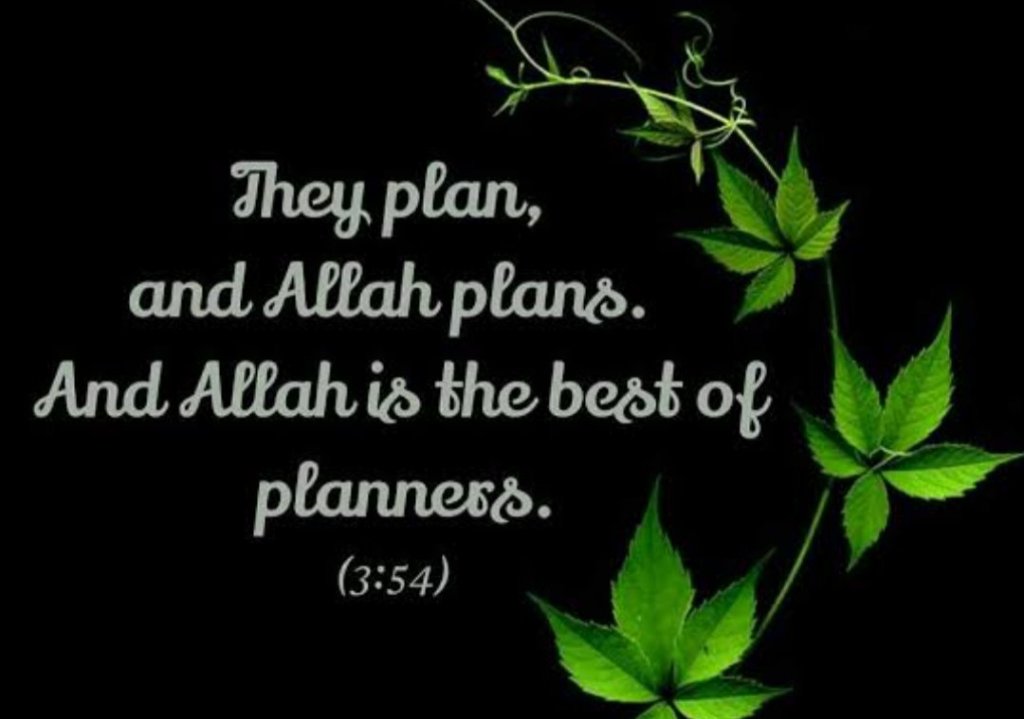
Surah At-Tariq is a Meccan Surah with seventeen verses. At-Tariq means The Morning Star. The Surah taken its name from the word at-tariq in its first verse.
The style of its subject matter resembles that of the earliest Surahs revealed at Makkah, but this surah was sent down at a stage when the disbelievers of Makkah were employing all sorts of devices and plans to defeat and frustrate the message of the Quran and the Messenger pbuh.
The Surah discuses two main themes:
➖ first that man has to appear before God after death
➖ second, that the Quran is a decisive Word which no plan or device of the disbelievers can defeat or frustrate.
First of all, the stars of the heavens have been cited as an evidence that there is nothing in the universe which may continue to exist and survive without guardian over it. Then man has been asked to consider his own self as to how he has been brought into existence from a mere sperm drop and shaped into a living human being. Then it has been said that the God, Who has so brought him into existence, has certainly the power to create him once again, and this resurrection will be for the purpose of accountability of all the secrets of man which remained hidden in the world. At that time, man will neither be able to escape the consequences of his deeds by his own power, nor will anyone else come to his rescue.
In conclusion, it has been pointed out that just as the falling of rain from the sky and the sprouting of plants and crops from the earth is no child’s play but a serious task, so also the truths expressed in the Quran are no joke but a truth and unchangeable reality. The disbelievers are involved in the misunderstanding that their plans and devices will defeat Islam and the invitation of the Quran, but they do not know that Allah too is devising a plan which will nullify all their scheming and planning.
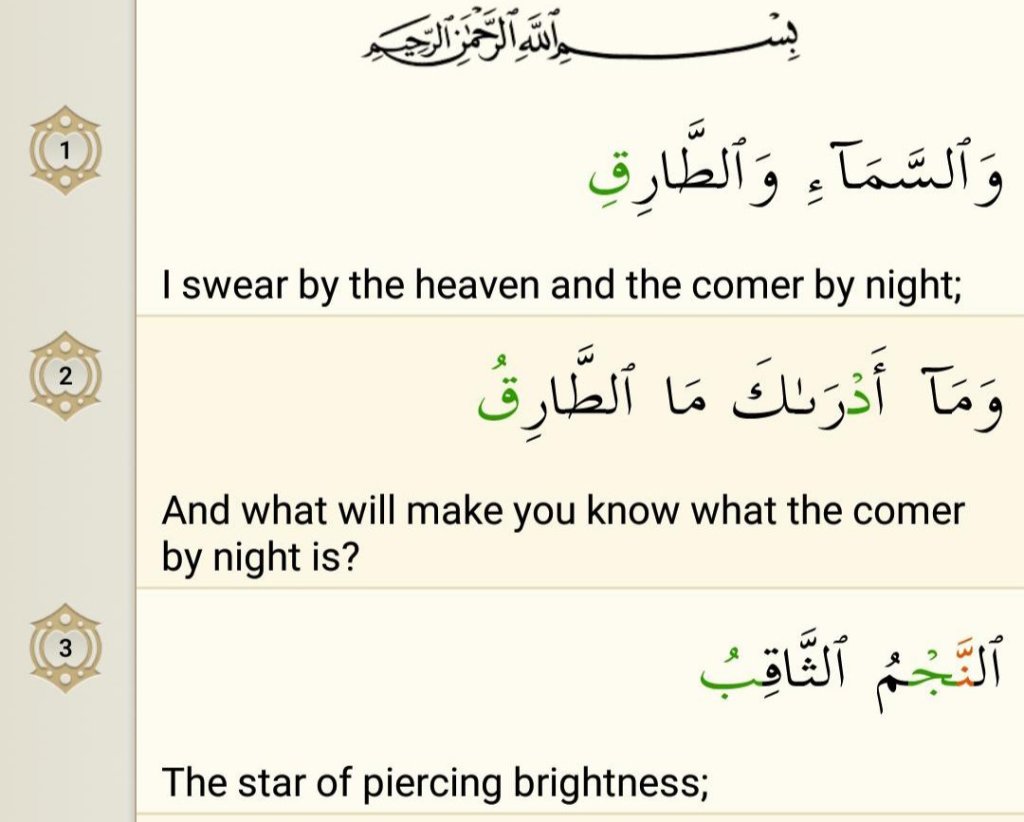
Allah starts the Surah by taking oaths in the Heaven (Samaa) and the piercing star (At-Tariq). The word samaa is commonly translated as the sky but more accurately it is everything that is above. This refers to the seven heavens or seven layers of sky that form part of the unseen with only the lowest heaven being apparent to man.
In this verse the limitation has been put on the sky through the word at-Tariq. The common translation of at-Tariq is the one that arrives at night. It comes from the word taraqa which is to walk and the word tareeq means a road or path. There are two main opinions as to what At-Tariq could be referring to. It could refer to the large brilliant stars in the night sky. The night was a relief for the Arabs, cool and fresh, the sky embedded with stars like pearls was the best scenery for them in comparison to the plain desert during the day. Or alternatively it could refer to one major star that the night traveller would look for, a highlight and companion of his journey. Either way, the essential meaning of tariq is that which arrives at night and generates attention and this would be perfectly achieved by the piercing star in the night sky.
Allah then asks man what makes us know what at-Tariq actually is? Allah has thus called our attention to something we can never truly grasp even if we could see the beautiful shine of the star in the night sky. Allah beautified the first and closest heaven, the sky of the dunia, with lamps (planets and stars). Thus, no matter how far the sight of man gets it will never be able to see beyond the first heaven as the comprehension of it is beyond the limited capabilities of man.
Then Allah specifies what actually this at-Tariq is! It is An-Najm As-Saqib. Najm means star and Saqib means brilliant and blazing, it is when light essentially passes through something almost like it rips through it.
The idea being presented is almost as if the night is like a blanket that has a hole in it through which the light of the stars pierces through. The piercing star seems as though it is unveiling the secret of the night by unveiling light when you only expect darkness.
The Arabs would travel at night by studying and navigating the stars which would be almost like milestones for them. So Allah is calling attention to something they already study but from a different perspective. Allah wants people to look at things they look at everyday that they cannot escape like the camel, the sky or the mountains but in a way they had never contemplated before. This is so that the next time man sees one of these creations he will remember Allah’s response to the oath.


Now Allah mentions the subject of oath that for every soul (nafs) there is a guardian who watches over it. There are two opinions to what this guardian could be. Some say it refers to Allah Himself that how man is in constant check of Allah. Another opinion is that the guardians refer to angels who record deeds of men and preserve it to be presented to Allah on the Final Day. These angles are not there for us but are almost against us, watching us and documenting our deeds.
How this verse is connected to the oaths taken? Just as the stars are so far away but it is as though they are eyes or cameras positioned towards the earth. Allah has made the sky and the brilliant star a witness to man and his behaviour and just like the piercing star is staring at man and his conduct in the night, unveiling the secrets of darkness, so too will the angels unveil the deeds of people on Judgment Day. Thus, Allah swears first by the sky and then by the stars if you can see them. If Allah can install these magnificent witnesses in the sky, it is not far fetched to imagine that we have all been given our own individual witnesses.
And this could also mean that since the stars, rotating in a regular order high in the sky, are an evidence for the existence of a definite regularity in the universe, then how can man’s deeds be left alone without a reckoning and protection from the divine protectors?
It is also noteworthy that the word nafs is used as opposed to the word insaan here. As one of the consistent themes of this Surah is “secrecy”. The word nafs is associated with secrecy, as man often thinks that he can hide something in his nafs, inside of himself, but the angels are still able to write down one’s deeds.

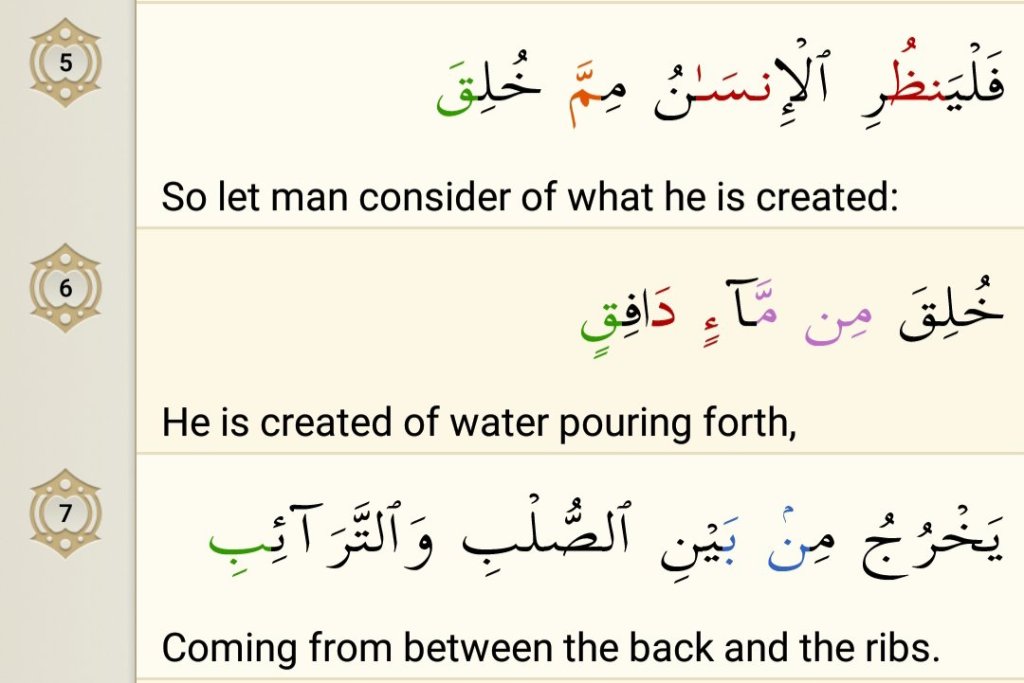
After making man ponder over the heavens and stars, he is now being invited to consider his own self and see how he has been created. The first few verses are concerning beliefs in the unseen like the guardian angels and the stars whose detail is out of reach of the naked eye and so Allah is now calling upon the sceptic man to reflect at least on what he can see. Nazara is to stare at something and to think about it deeply. So let man consider of his own creation how he has been created from a single drop of gushing water (sprem) that travels through between the backbone and ribs.
The journey of this fluid that begins with man himself and which gushes forward for a new creation is something remarkable. Sulb means something hard and one of the hardest bones in the body is the spine. This word is used for the back or more specifically for the spine so Allah is saying that this journey began somewhere between the back of your spine and from at-taraaib which is the chest bone (ribs).
Then, who is it Who in the mother’s womb itself brings man about a certain proportion and harmony between its bodily structure and its physical and mental capabilities? Then, who is it Who watches over it continuously from birth till death, protects it from disease, accidents and calamities and provides him with countless means of life and opportunities for survival in the world of which he is not even conscious, not to speak of having the power to provide these for himself. Is all this happening without the planning and supervision of One God?
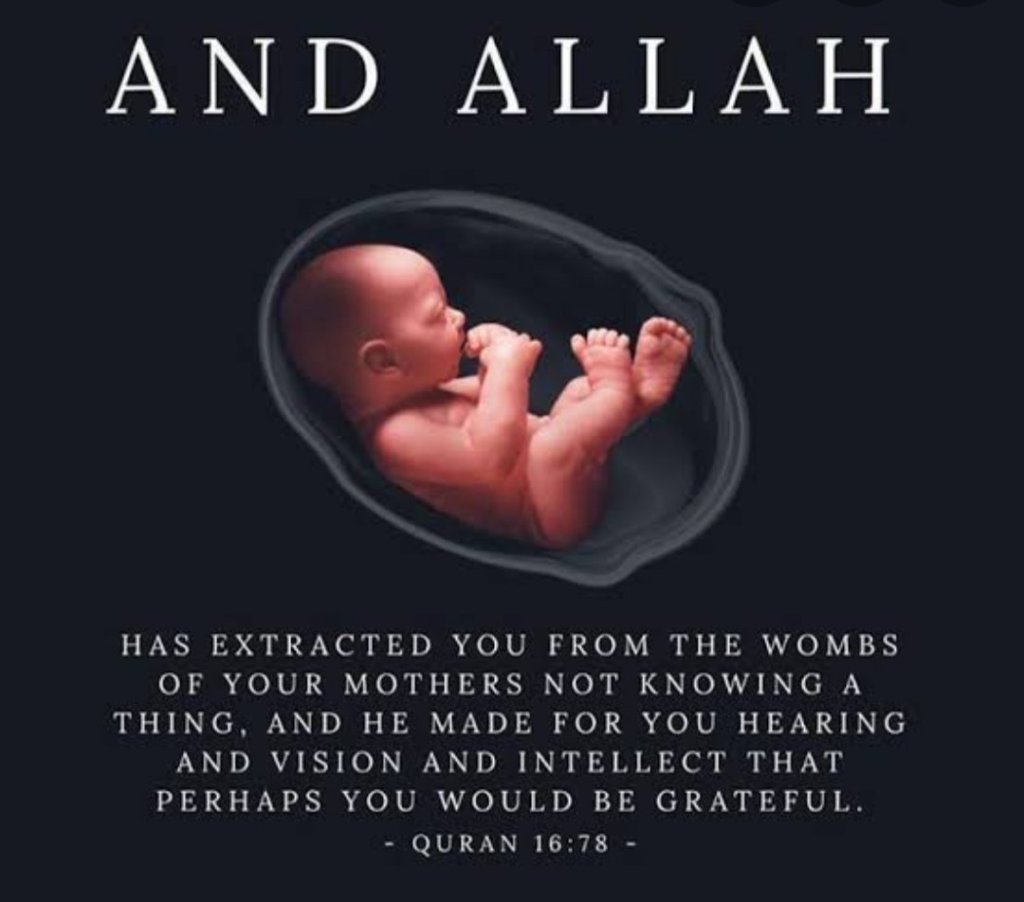
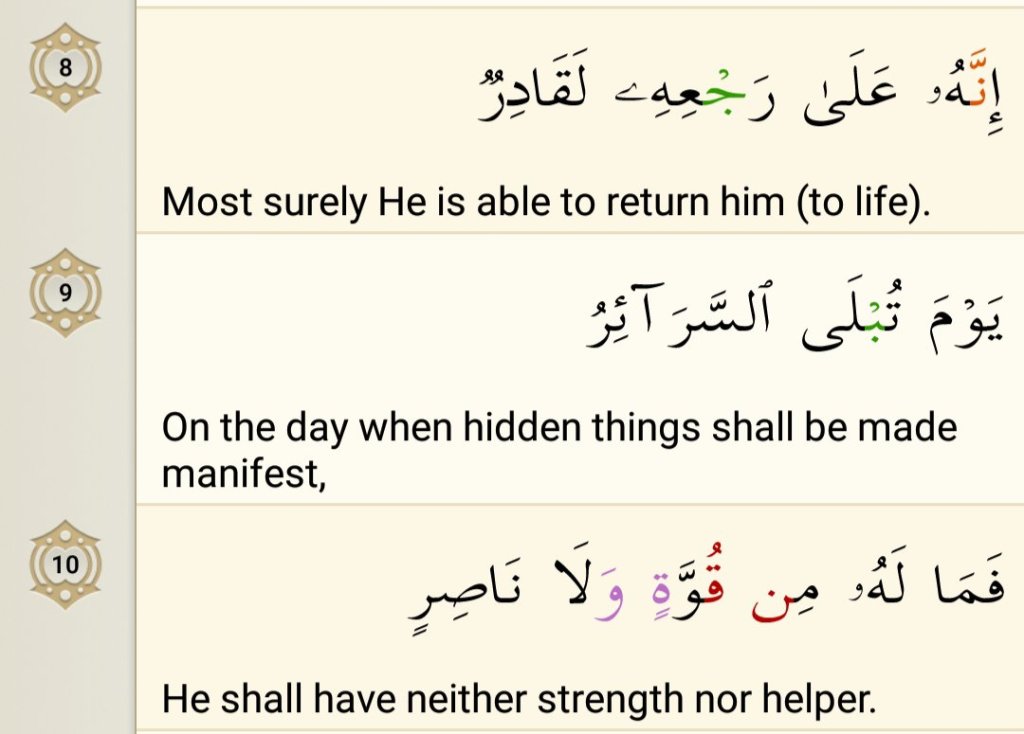
Now Allah says it’s easy upon Him to bring man back to life in the Hereafter. Allah’s bringing man into existence and watching over him from the time of conception until death, is a clear proof that He can create him once again after death. If He had the power to create him in the first instance and man stays alive in the world by His power alone, what rational arguments can be presented that He does not have power to do the same thing a second time?
And then when the man is brought back to life and accountability, all “The hidden secrets” will be revealed that Day! The acts of every person which remained a secret to the world as well as those matters which came before the world only in their apparent form, but the intentions, aims and secret motives working behind them remained hidden from the people. On the Resurrection Day all this will be laid open and not only will the acts and deeds of every person be examined but it will also be seen what was his motive and intention was. Likewise, it also remained hidden from the world, even from the doer of the act himself, what effects and influences of his act appeared in the world, to what extent they spread and for how long they continued to work. This secret too will be revealed on the Resurrection Day and it will be fully examined as to what were the consequences of the seed that a person sowed in the world, what fruit it bore and for how long it affected the later generations for better or far worse.
What a painful time he will have who lived a life respectfully but with hidden evils; then, everything will become obvious to all! Surely man will be completely disgraced and regretful on that Day.
And that day man will have no strength and no helper. He will have no power to hide his evils, and no one to help him to ward off Allah’s punishment. Many verses of the Quran denote that on the Day of Judgment, man will have no helper, no use of ransom, no way of returning and no chance of fleeing. The only useful means to make one safe from torments will be pure belief and good deeds.

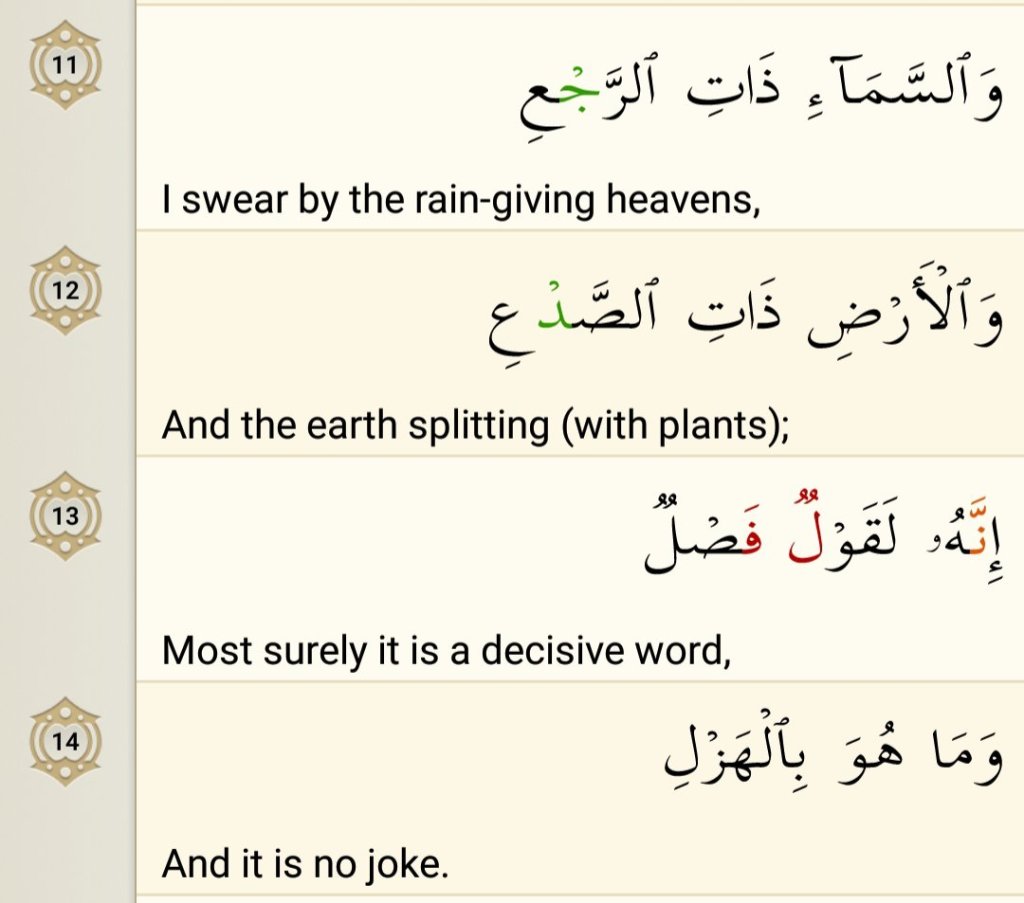
Now Allah takes oaths in rain-giving skies and earth splitting apart. The term raji mean ‘to return’. In Arabic rain is called raji, because water evaporates from the earth and the seas, rises to form clouds and then once again comes back down as rain, raining intermittently. The term sadd means ‘to split’. It means rain from sky results in splitting of dry, hard earth and the growth of plants. These two verses point to dead lands which survive by life-giving rain.
Just as the falling of rain from the sky and the splitting of the earth to put out shoots is no joke but a serious reality, so also the news which the Quran gives that man has to return to God is no joke but a definite and decisive reality and an unchangeable truth which has to be fulfilled.
Allah is telling us that the Quran is not worthless speech but rather it is something that should lead to beneficial and decisive action. Our study of the Quran should not be regarded as an intellectual pass time through which we gain knowledge but rather should lead us to action based on knowledge. This is also a threat to the disbelievers that this is a decisive word which demands that they either accept it or bear the consequences on the day where all secrets will be exposed and man will be without any helper.
Just like the rain enters into the earth and gives it life, same the revelation enters into the hearts of man and gives it life. In Sahih Muslim:
Abu Musa reported Allah’s Messenger pbuh said: The similitude of that guidance and knowledge with which Allah, the Exalted and Glorious, has sent me is that of rain falling upon the earth. There is a good piece of land which receives the rainfall (eagerly) and as a result of it there is grown in it herbage and grass abundantly. Then there is a land hard and barren which retains water and the people derive benefit from it and they drink it and make the animals drink. Then there is another land which is barren. Neither water is retained in it, nor is grass grown in it. And that is the similitude of the first one who develops the understanding of the religion of Allah and it becomes a source of benefit to him with which Allah sent me. (The second one is that) who acquires the knowledge of religion and imparts it to others. (Then the other type is) one who does not pay attention to (the revealed knowledge) and thus does not accept guidance of Allah with which I have been sent.
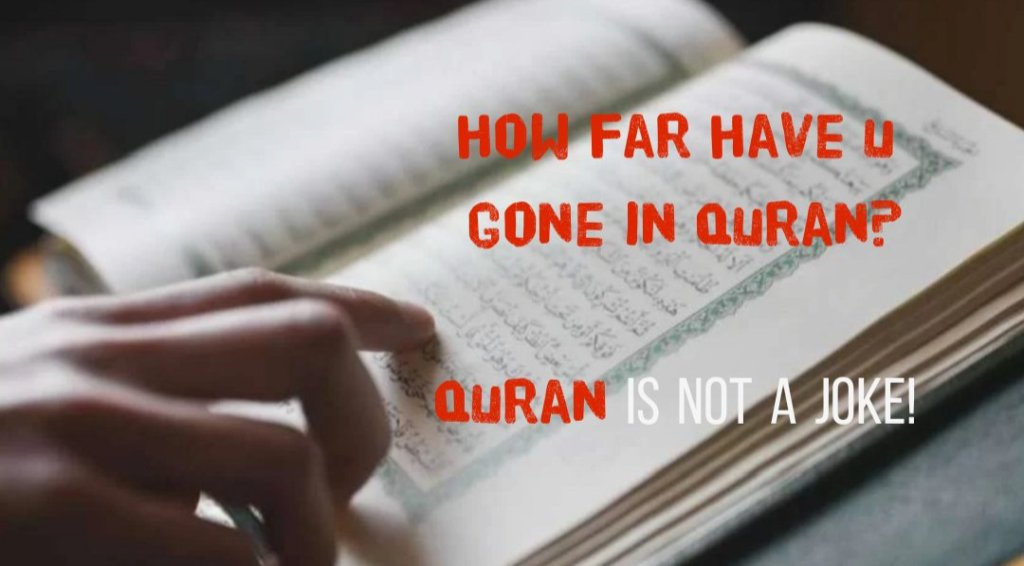
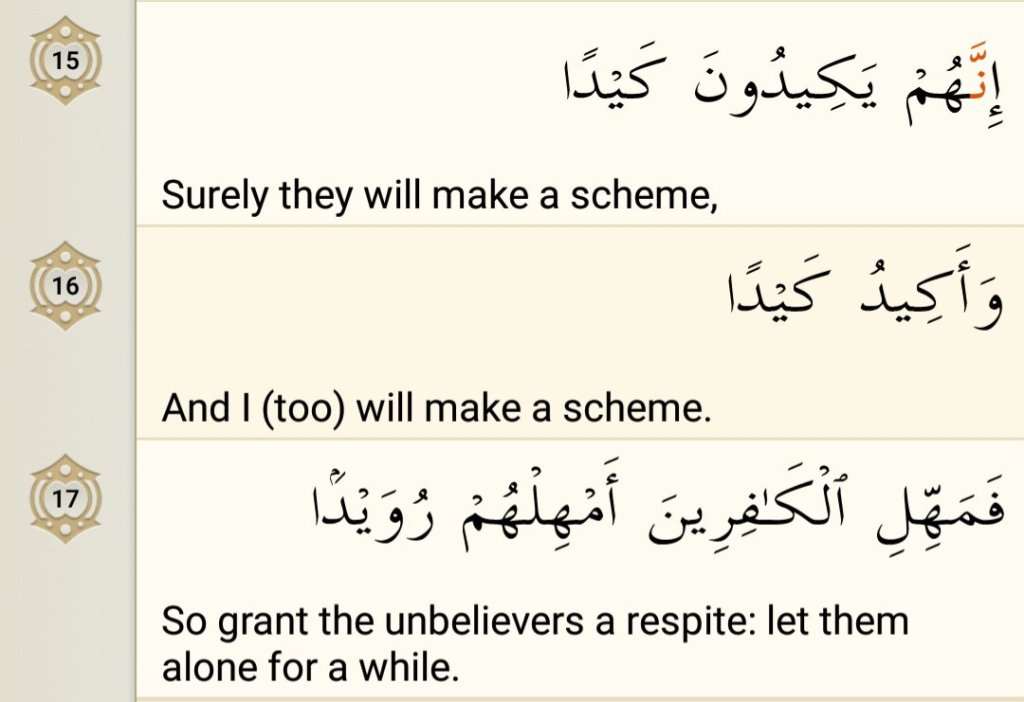
The disbelievers have always been threatened by and wanted to get rid of the true message of Islam. The Prophet pbuh may not know whether the disbelievers are plotting against him or not but Allah lets him know here that plotting is taking place. Kayd is a plan which has the element of secrecy in it and this fits in with the theme of this Surah. These disbelievers are devising every kind of plan to defeat the invitation of the Quran; they wish to blow out this candle, they are creating all sorts of doubts in the people’s minds, they are inventing false accusations against the Prophet who has brought this message, so as to frustrate his mission.
Allah says that I am planning that none of their devices should succeed so that they are utterly defeated in their plots, and the light which they are trying their utmost to put out, spreads far and wide. Islam will prevail anyway! The disbelievers could hear all this and as a consequence they are humiliated and weakened.
Allah is then advising the Prophet pbuh not to occupy his time worrying about avenging the disbelievers or in making dua against them, as this was a Meccan time and disbelievers were already in position of dominance. Allah also instructs not to do this indefinitely due to His future plans (such as the Hijrah and the battles of Badr, Uhud and Ahzab etc.) where things will turn in favor of Prophet pbuh and the Muslims.
This is one of the places in the Quran where we find the profoundly delicate relationship between Allah and his Messenger pbuh. The weapon in the Messenger’s hand is his anger against them and his dua which would have been sufficient to wipe the Quraish out. Allah is almost negotiating with the Prophet pbuh here and telling him to be patient for a while because of His future planning. Allah informs the Prophet pbuh to go easy on them and that he has a plan to undo all of their plots. The lesson for us here is not matter how much we think we are in a position of weakness, those who truly believe are always in a position of strength and those who are on the path of Islam are empowered always.
